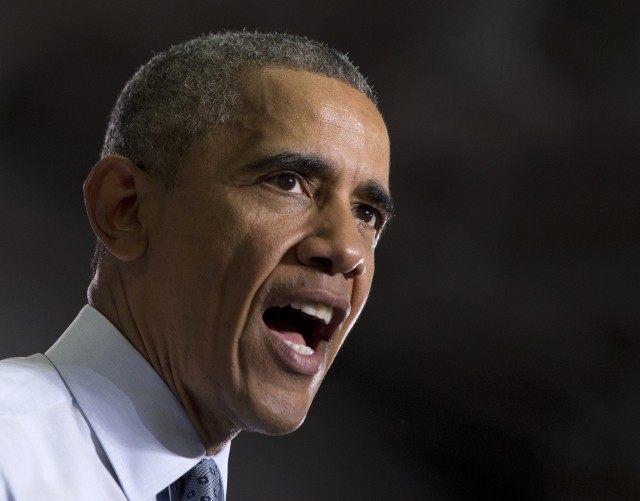As a growing number of Democrats declare their support for the Iran deal, not one of them has criticized the way it was done.
There ought to be two objections, even from supporters of the deal.
First, President Barack Obama began negotiations with UN Security Council resolutions in hand demanding that Iran stop all nuclear enrichment. Yet the deal will let Iran keep most of the results of that enrichment, and eventually resume it.
Second, Obama refused to submit the agreement to the Senate as a treaty, and went to the UN for approval before Congress, making congressional review moot. That undermines the Constitution and sets a terrible precedent for the future. We have, in that sense, lost that much of our freedom to Iran.
If a lawyer negotiated for his client the way Obama has for the U.S., he would be liable for legal malpractice and subject to discipline by the Bar. Obama undermined America’s bargaining position at every turn, misled the public about what he would demand at the table, then presented the results of his shoddy work as a kind of ultimatum: either this, or war.
It is something like an innocent man who has been framed for murder asking his attorney to fight for his acquittal, then being told by his lawyer that he has reached a plea bargain with the prosecutor: if the client just agrees to plead guilty, he may get a life sentence instead of the death penalty. That is a “good deal,” in context. It is also a terrible deal, in absolute terms—and unnecessarily so.
Supporters of the Iran deal continue to argue that there is no good alternative—as if we were negotiating our surrender. Rep. Scott Peters, for example, a vulnerable San Diego Democrat, claimed this weekend in announcing his vote for the Iran deal: “If Iran doesn’t comply, even after the snapback of sanctions, President Obama himself has endorsed a military response to stop the bomb.” (Note the word “endorsed”—as if someone else will carry out that military response.)
No one expects Obama to carry out that threat—not after backing away from Syria, or avoiding “boots on the ground” in Libya. In fact, Obama’s explicit policy towards Iran is to cement the regime’s place as a regional power. At best, he will contain, not stop, a nuclear Iran.
If there really is no alternative to the deal, as Peters and other claim, that is not because the U.S. cannot re-negotiate the deal. It is because Obama will refuse to go back to negotiations, even if told to do so explicitly by Congress. While he once campaigned on “tough diplomacy,” Obama now mocks the idea that “vague promises of toughness” will achieve a better agreement.
This president has no desire to confront Iran, and he has no intention of obeying Congress. He rejects the vision of co-equal branches of government at the heart of our Constitution. He is governing—by his own definition—as an emperor, not a president. Obama is a rogue president, dealing with a rogue state—and Congress has no desire to stop him.

COMMENTS
Please let us know if you're having issues with commenting.